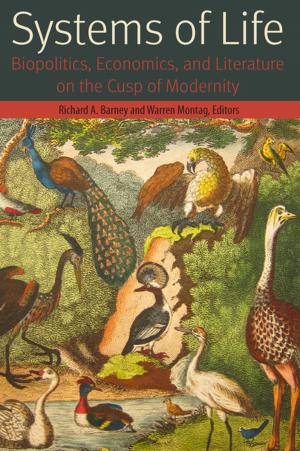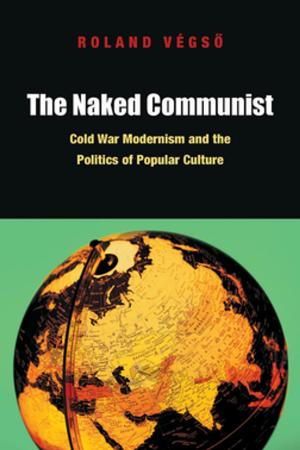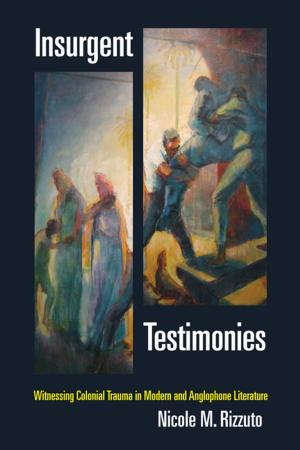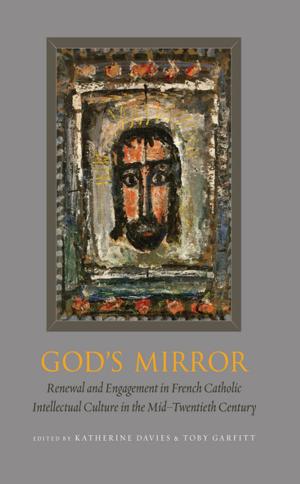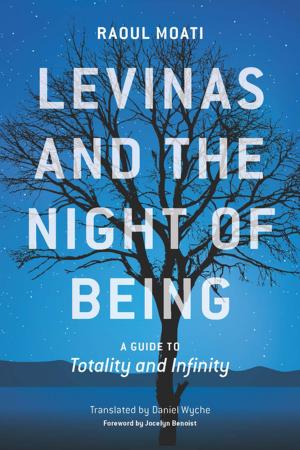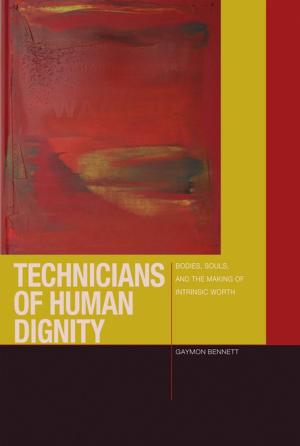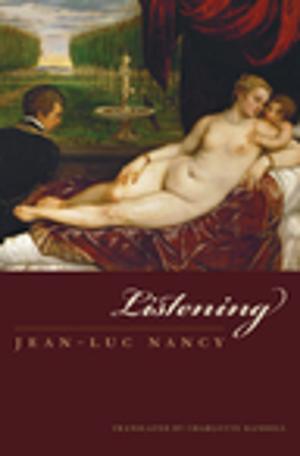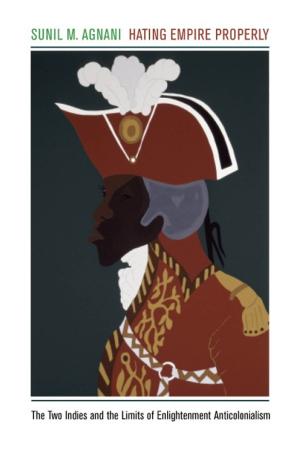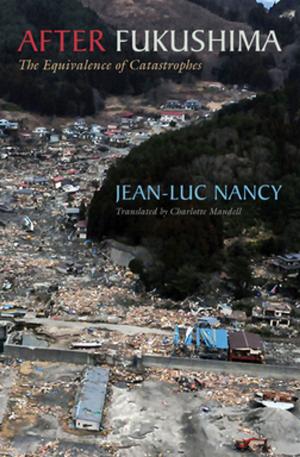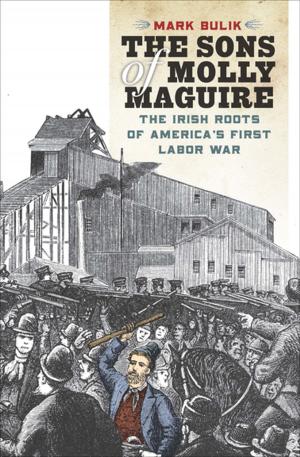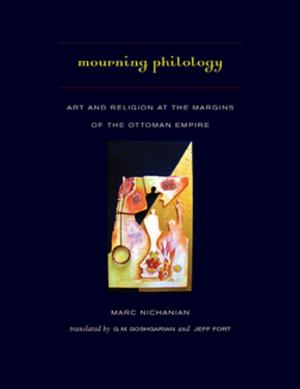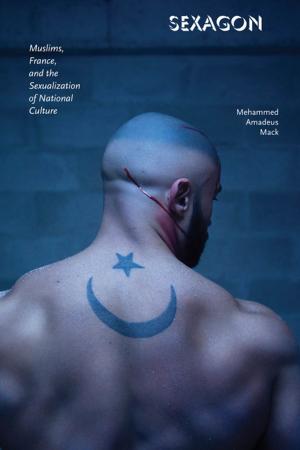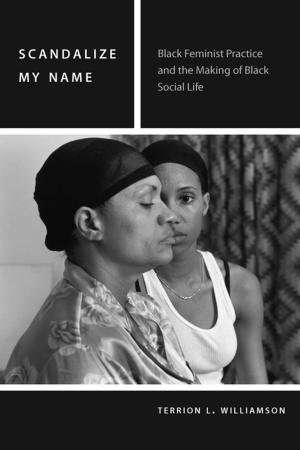Divine Multiplicity
Trinities, Diversities, and the Nature of Relation
Nonfiction, Religion & Spirituality, Reference, Comparative Religion, Theology| Author: | ISBN: | 9780823253975 | |
| Publisher: | Fordham University Press | Publication: | November 11, 2013 |
| Imprint: | Fordham University Press | Language: | English |
| Author: | |
| ISBN: | 9780823253975 |
| Publisher: | Fordham University Press |
| Publication: | November 11, 2013 |
| Imprint: | Fordham University Press |
| Language: | English |
The essays in this volume ask if and how trinitarian and pluralist discourses can enter into fruitful conversation with one another. Can trinitarian conceptions of divine multiplicity open the Christian tradition to more creative and affirming visions of creaturely identities, difference, and relationality—including the specific difference of religious plurality? Where might the triadic patterning evident in the Christian theological tradition have always exceeded the boundaries of Christian thought and experience? Can this help us to inhabit other religious traditions’ conceptions of divine and/or creaturely reality?
The volume also interrogates the possibilities of various discourses on pluralism by putting them in a concrete pluralist context and asking to what extent pluralist discourse can collect within itself a convergent diversity of orthodox, heterodox, postcolonial, process, poststructuralist, liberationist, and feminist sensibilities while avoiding irruptions of conflict, competition, or the logic of mutual exclusion.
The essays in this volume ask if and how trinitarian and pluralist discourses can enter into fruitful conversation with one another. Can trinitarian conceptions of divine multiplicity open the Christian tradition to more creative and affirming visions of creaturely identities, difference, and relationality—including the specific difference of religious plurality? Where might the triadic patterning evident in the Christian theological tradition have always exceeded the boundaries of Christian thought and experience? Can this help us to inhabit other religious traditions’ conceptions of divine and/or creaturely reality?
The volume also interrogates the possibilities of various discourses on pluralism by putting them in a concrete pluralist context and asking to what extent pluralist discourse can collect within itself a convergent diversity of orthodox, heterodox, postcolonial, process, poststructuralist, liberationist, and feminist sensibilities while avoiding irruptions of conflict, competition, or the logic of mutual exclusion.

